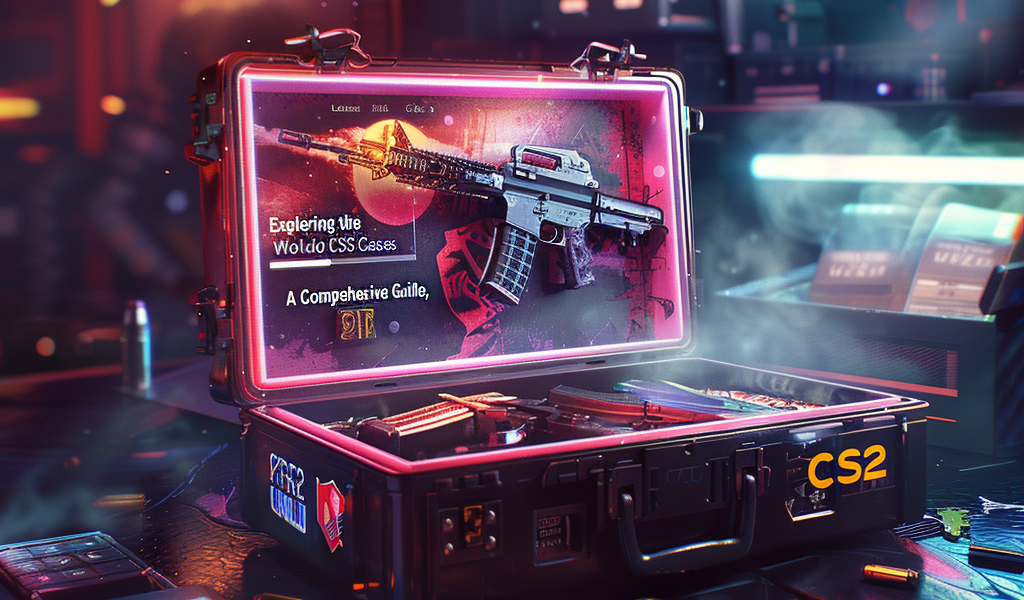Exploring the World of CS2 Cases: A Comprehensive Guide
In the realm of online gaming, few trends have captured the attention of players quite like microtransactions. One of the pioneers of this trend is Valve, the company behind the popular games Team Fortress 2 and Counter-Strike: Global Offensive (CS:GO). The introduction of cases in these games has transformed the way players engage with their favorite titles, and with the recent release of Counter-Strike 2 (CS2), the excitement surrounding cases continues to grow.
Understanding the CS2 Case System
As players dive into the world of CS2, they quickly discover that obtaining cases can be a challenging endeavor. Unlike traditional loot systems, cases are not simply handed out; they require effort and sometimes a little luck. Players familiar with CS2 cases know that they can be earned through various methods, and some third-party platforms have even emerged to facilitate the process.
A Brief History of Cases in CS:GO
To truly appreciate the significance of cases in CS2, it’s essential to look back at their origins in CS:GO. When CS:GO first launched, it did not feature any cases. It wasn’t until August 2013 that Valve introduced the eSports 2013 Case, which allowed players to win coveted knives by completing secure matches. This initial success prompted Valve to expand the case system, leading to the introduction of multiple cases each year, including those that could drop randomly during gameplay or eSports events.
How to Obtain CS2 Cases
Players eager to add cases to their collection have several options at their disposal:
- Match Drops: Every player with a valid CS account is eligible for weekly case and weapon drops. These drops occur randomly after matches, providing a chance to receive new cases.
- Weekly Rewards: Engaging in gameplay to earn experience can unlock threshold rewards, which may include cases. However, these rewards typically do not feature the latest or most valuable cases.
- Purchasing Cases: For those who prefer to bypass the randomness, cases can be directly bought from the Steam market. Additionally, players can trade items with others to acquire specific cases.
Opening a Case: The Key to Unlocking Rewards
Each CS2 case requires a key for opening, which can be purchased for $2.49 from the Steam market or directly through the CS2 client. Players also have the option to trade keys, adding another layer of strategy to the case-opening experience.
Types of CS2 Cases
As of 2024, Valve has introduced a diverse array of cases, each with unique contents:
- Basic Weapon Cases: These cases typically contain around 15 unique weapon skins, including knives with random patterns. A notable example is the Riptide Case, which features skins such as the Desert Eagle Ocean Drive and the AK-47 Leet Museo.
- Capsules: Unlike standard cases, capsules are designed to carry stickers, many of which are dedicated to specific teams and tournaments. These capsules provide players with a way to showcase their favorite teams and add a personal touch to their inventory.
As players continue to explore the intricacies of the CS2 case system, the excitement surrounding the potential rewards and the thrill of opening cases remains a significant aspect of the gaming experience. Whether through match drops, weekly rewards, or direct purchases, players are always on the lookout for the next big find in their CS2 journey.
With the evolution of cases in the Counter-Strike series, players can expect ongoing updates and new additions that keep the gameplay fresh and engaging. As the community grows and the competitive scene thrives, the case system will undoubtedly remain a central feature that enhances the overall experience for players around the world.





